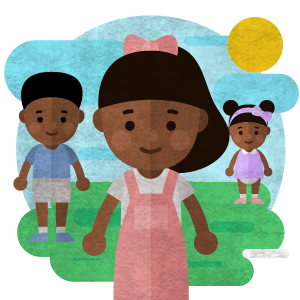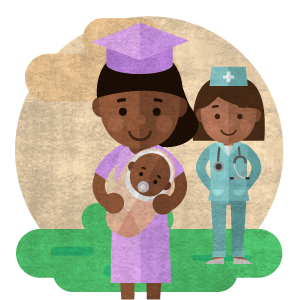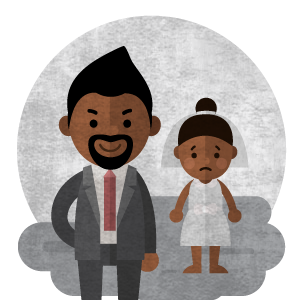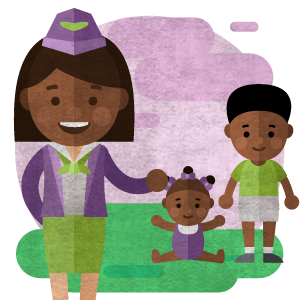
Future educated generations
An African proverb says, “If we educate a boy, we educate one person. If we educate a girl, we educate a family – and a whole nation.” By sending a girl to school, she is far more likely to ensure that her children also receive an education. As many claim, investing in a girl’s education is investing in a nation.

Decrease infant mortality
Children of educated women are less likely to die before their first birthday. Girls who receive an education are less likely to contract HIV & AIDS, and thus, less likely to pass it onto their children. Primary education alone helps reduce infant mortality significantly, and secondary education helps even more. The Girls Global Education Fund reports that when a child is born to a woman in Africa who hasn’t received an education, he or she has a 1 in 5 chance of dying before 5.

Decrease maternal mortality
Educated women (with greater knowledge of health care and fewer pregnancies) are less likely to die during pregnancy, childbirth, or during the postpartum period. Increased education of girls also leads to more female health care providers to assist with prenatal medical care, labor and delivery, delivery complications and emergencies, and follow-up care.

Decrease child marriage
Child marriage – in some cases involving girls as young as 6 or 8 – almost always results in the end of a girl’s schooling. The result is illiterate or barely literate young mothers without adequate tools to build healthy, educated families. On average, for every year a girl stays in school past fifth grade, her marriage is delayed a year. Educated girls typically marry later, when they are better able to bear and care for their children.

Decrease population explosion
Educated women tend to have fewer (and healthier) babies. A 2000 study in Brazil found that literate women had an average of 2.5 children while illiterate women had an average of six children, according to UNESCO.

Increase involvement in political process
Educated women are more likely to participate in political discussions, meetings, and decision-making, which in turn promotes a more representative, effective government.

Decrease domestic & sexual violence
Educated girls and women are less likely to be victims of domestic and sexual violence or to tolerate it in their families.

Decrease support for militancy
As women become more educated, they are less likely to support militancy and terrorism than similarly educated men.

Improve socioeconomic growth
Educated women have agreater chance of escaping poverty, leading healthier and more productive lives, and raising the standard of living for their children, families, and communities.

These are only a few of the valuable reasons to support education for all girls. For every boy that is educated, every girl should be educated too.
Don’t forget to donate
Be the change you wish to see! Your gifts support our mission to educate, empower, and inspire women and girls.

